Unique - Robert's Version
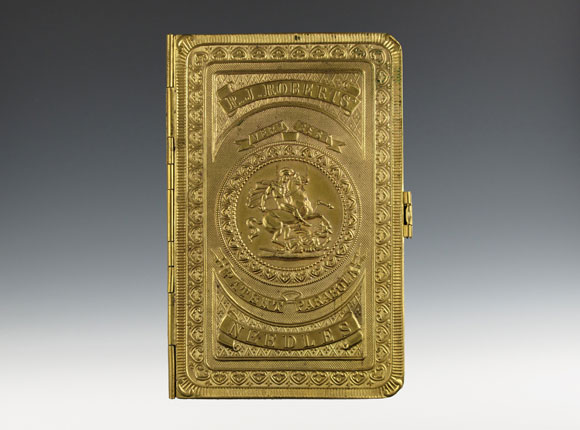
Needle Case
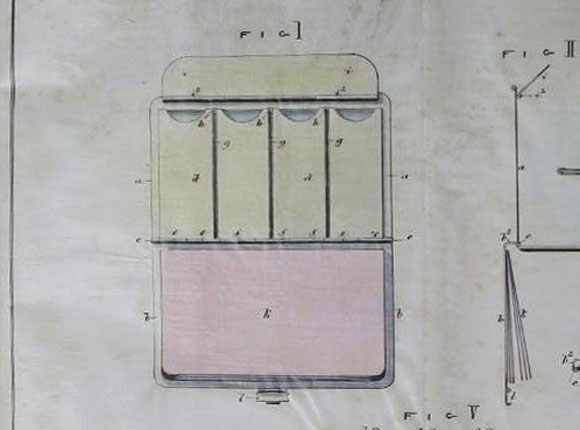
Design Representation
Design Details
Needle Case Type: |
Flat-Names |
Patent/Registered to: |
James William Lewis - Birmingham |
Patent/Design Representation #: |
Non-Ornamental: #5017 |
Patent/Design Registration Date: |
April 6, 1869 |
Location of Patent/Design Registration: |
The National Archives (TNA) - Kew, UK |
Reference #: |
TNA Representation - BT 45/26/5017 |
Dimensions: |
9.7 x 6.3 |
Material: |
Brass |
Name Variations: |
R. J. Roberts - New York |
Other Variations:
|
Unique |
Additional Photographs
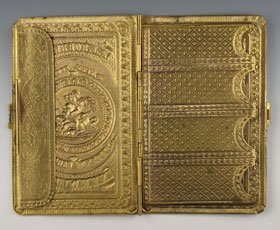
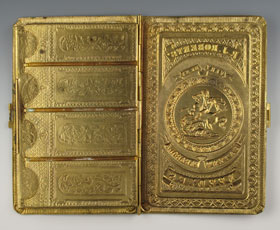
Partially open and fully open
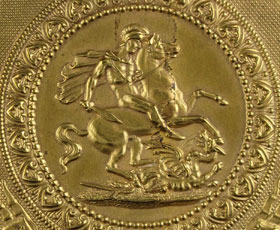
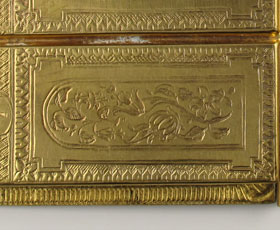
Front center and interior details
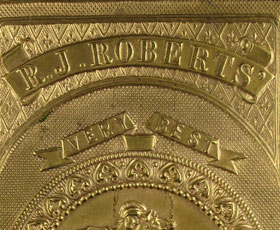
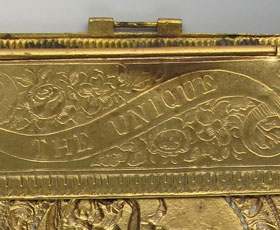
Front signature detail and interior name detail
10 Things That Made the Victorian Period Unique
1. First Worldwide Empire - Britain became a dominant global power and British culture and the English language spread around
the world. The phrase “the empire on which the sun never sets” was used to describe the period.

2. Rise of the Middle Class - Although the Industrial Revolution began in the 18th century it wasn’t until the Victorian Period
that the middle class emerged in a significant way which gave them more free time and the finances to enjoy life.

3. Rise in Poverty and Child Labor – At the same time the Industrial Revolution forced the poor off farms and into the cities
where they and their children worked in factories from dusk until dawn for meager wages.
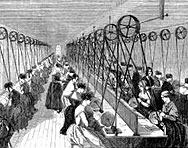
4. Introduction of the Railroad – Provided a way for people and merchandise to be transported from one place to another easily
and inexpensively creating opportunities for leisure travel and the ability to sell products to all areas.

5 Advances in Science and Technology – "The Victorians invented the modern idea of invention -- the notion that one can create
solutions to problems, that man can create new means of bettering himself and his environment."
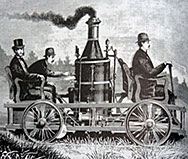
6. Became the Great Age of Doubt – The combination of knowledge from the Age of Enlightenment (17th and 18th centuries) and the
scientific discoveries of the Victorian Period, for example Darwin’s theory of evolution, lead man to question religion on a large scale.
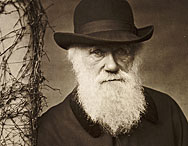
7. Introduction of the Postage Stamp – Allowed people to more easily communicate with each other.
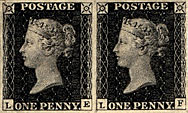
8. Mandatory Education and Right to Vote – Towards the end of the era compulsory education was required for all children up to
age 12 and most men were given the right to vote in governmental elections.
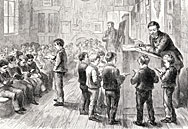
9. Introduction of Workers Rights – Gradually laws were enacted to improve working conditions for children and the poor and
unionization of workers, socialism and other modern movements took form.
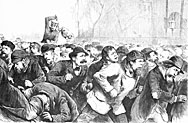
10. Improved Sanitary Conditions - The new knowledge of how bacteria and diseases spread lead to changes in hygiene and improved
sanitary removal with the introduction of sewage systems.























